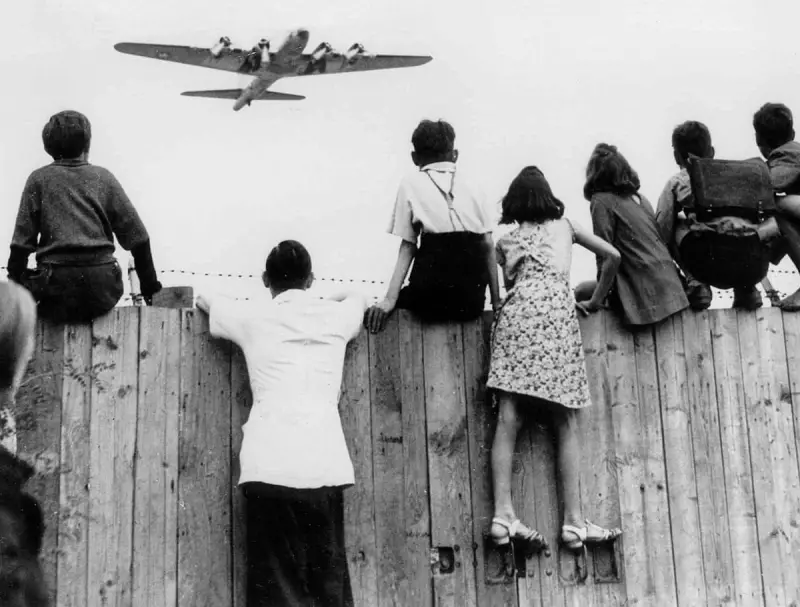
In a stark warning that echoes through the corridors of history, foreign policy experts are drawing unsettling comparisons between today's escalating Russia-West tensions and the legendary Berlin Airlift of 1948. The question haunting diplomatic circles: would Western nations display the same resolve to protect civilians from Moscow's aggression today as they did nearly eighty years ago?
The Ghost of the Airlift Returns
The original Berlin Airlift stands as one of the Cold War's most heroic chapters. When Soviet forces blockaded West Berlin in June 1948, cutting off all land and water routes, Western powers responded with an unprecedented humanitarian mission. For eleven gruelling months, American and British aircraft delivered essential supplies to over two million stranded civilians, defying Soviet pressure through sheer determination and ingenuity.
Today, as Moscow's rhetoric grows increasingly belligerent and its military posturing more aggressive, analysts fear we may be approaching a similar flashpoint. The critical difference? Modern conflicts involve cyber warfare, economic coercion, and hybrid tactics that make traditional humanitarian responses infinitely more complex.
A Test of Western Resolve
The contemporary geopolitical landscape presents a multifaceted challenge to Western unity. Unlike the clear ideological lines of the Cold War, today's tensions involve energy dependencies, economic interdependencies, and internal political divisions that could undermine collective action.
Recent months have seen Moscow testing NATO's red lines through various forms of pressure, from energy blackmail to disinformation campaigns targeting European democracies. The fundamental question remains whether Western nations possess the political will to mount a comparable humanitarian effort should civilians again find themselves trapped by geopolitical standoffs.
Modern Obstacles to Humanitarian Action
- Economic Interdependence: European reliance on Russian energy creates vulnerability absent in 1948
- Political Fragmentation: Unlike the united front of the Cold War, Western nations today face significant internal divisions
- Technological Complexity: Cyber attacks and electronic warfare could cripple traditional relief efforts
- Public Will: War-weary populations may lack the stomach for prolonged confrontation
Learning from History's Playbook
The success of the Berlin Airlift wasn't merely logistical—it was psychological. By demonstrating unwavering commitment to civilian protection, Western powers exposed Soviet brutality while strengthening their moral position. The airlift became a powerful propaganda victory that ultimately contributed to the formation of NATO.
Contemporary strategists argue that today's Western leaders must similarly prepare for scenarios where civilian populations become pawns in geopolitical games. This requires not just military readiness but robust plans for economic resilience, energy independence, and humanitarian corridors.
The lessons of 1948 remain painfully relevant: when authoritarian regimes test Western resolve, the protection of innocent civilians must remain non-negotiable. The question is whether today's leaders have the courage of their predecessors.





